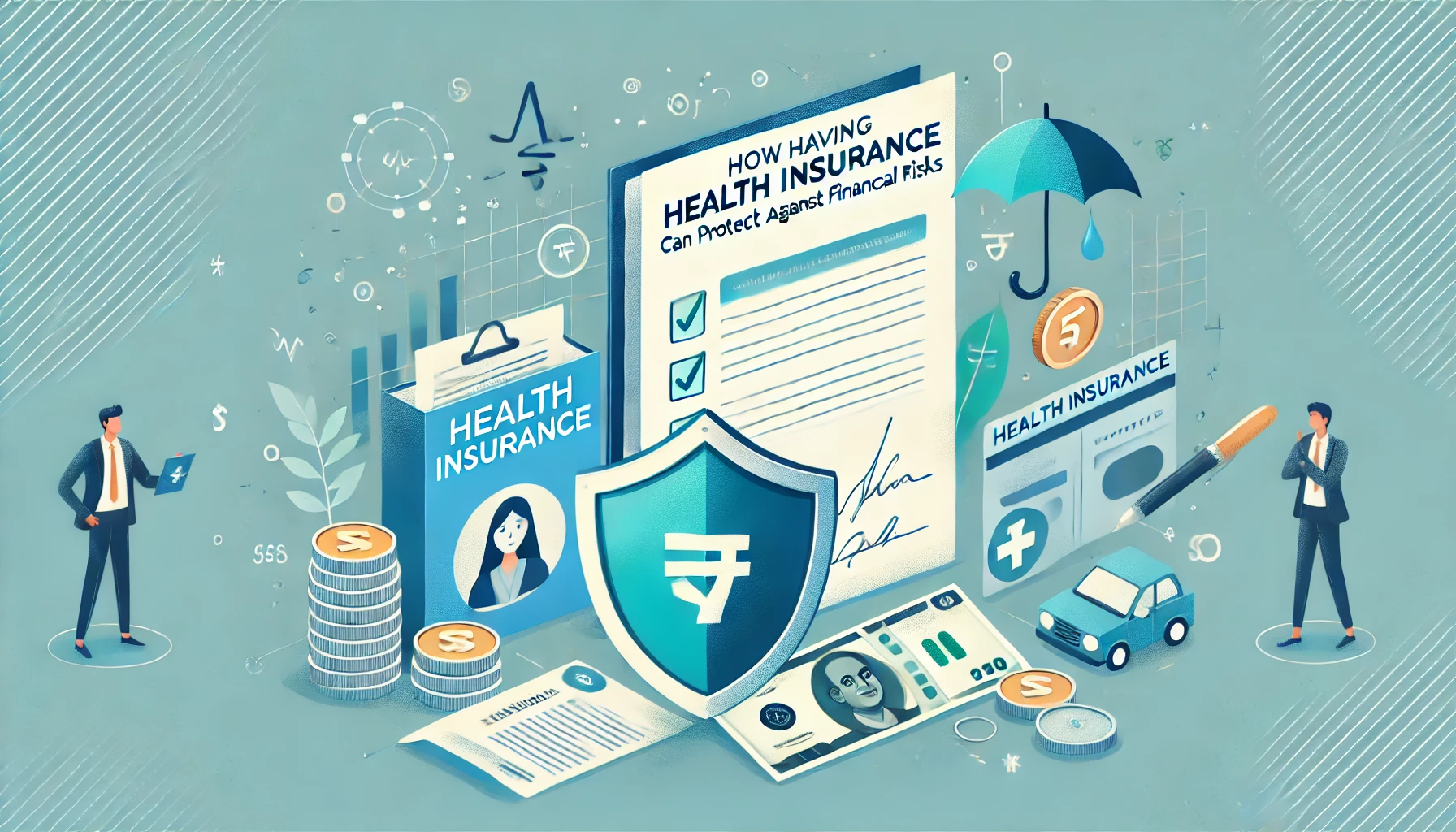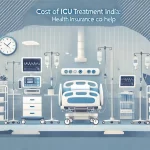Health insurance is a vital tool for financial security, offering protection from the high costs of medical care. With the rising healthcare expenses in India, even a minor medical emergency can lead to significant financial strain. Health insurance not only helps in covering hospitalization expenses but also offers benefits like preventive care, tax savings, and protection against unexpected health risks. In this blog, we will explore how having health insurance can protect you from financial risks and help secure your financial future.
1. Protection from High Medical Expenses
The most obvious benefit of health insurance is the financial protection it offers from high medical costs. With health insurance, policyholders can cover expenses related to hospitalization, surgeries, medications, and treatments without having to pay out-of-pocket for these high-cost services.
Historical Data: Rising Healthcare Costs in India
In recent years, the cost of healthcare in India has been steadily rising. According to a report by FICCI-EY, healthcare inflation in India is growing at a rate of 10-15% per year, outpacing the general inflation rate. In 2021 alone, medical expenses for major surgeries and critical illnesses increased by an average of 20%, highlighting the importance of having health insurance to cover these costs.
| Medical Procedure | Average Cost Without Insurance (₹) |
|---|---|
| Cardiac Surgery | 3,50,000 – 5,00,000 |
| Cancer Treatment | 10,00,000 – 25,00,000 |
| Knee Replacement | 2,00,000 – 4,00,000 |
| Organ Transplant | 10,00,000 – 25,00,000 |
By covering these costs, health insurance protects individuals and families from depleting their savings or going into debt for medical care.
2. Coverage for Critical Illnesses
Many health insurance policies in India offer critical illness riders, which provide a lump-sum payout if the policyholder is diagnosed with a life-threatening illness such as cancer, heart disease, or stroke. These illnesses often require long-term treatment, and health insurance can help cover the enormous expenses associated with them.
Financial Impact of Critical Illnesses
The financial burden of treating critical illnesses can be overwhelming. For example, the average cost of cancer treatment in India can range from ₹10 lakh to ₹25 lakh, depending on the stage of the disease and the type of treatment required. Without health insurance, many families would struggle to pay for such care, often resulting in loans, selling assets, or spending their savings.
| Critical Illness | Average Treatment Cost (₹) |
|---|---|
| Cancer | 10,00,000 – 25,00,000 |
| Heart Disease | 3,00,000 – 10,00,000 |
| Kidney Failure | 5,00,000 – 12,00,000 |
| Stroke | 2,50,000 – 7,00,000 |
By opting for critical illness coverage, policyholders can receive a lump-sum payout to cover treatment costs, thereby reducing financial stress during challenging times.
3. Tax Benefits
In addition to covering medical expenses, health insurance policies in India also offer significant tax benefits under Section 80D of the Income Tax Act. Policyholders can claim deductions for the premiums paid, reducing their taxable income and thus saving on taxes.
Tax Deductions under Section 80D:
- Self and Family: You can claim a deduction of up to ₹25,000 for health insurance premiums paid for yourself, spouse, and dependent children.
- Senior Citizens: If you are paying premiums for your parents who are senior citizens, you can claim an additional deduction of up to ₹50,000.
- Preventive Health Check-ups: You can also claim a deduction of up to ₹5,000 for preventive health check-ups.
By investing in health insurance, individuals not only protect themselves against medical risks but also lower their tax liabilities, offering a dual financial benefit.
| Category | Maximum Deduction (₹) |
|---|---|
| Self and Family | 25,000 |
| Parents (Senior Citizens) | 50,000 |
| Preventive Health Check-ups | 5,000 (within overall limit) |
4. No-Claim Bonus (NCB)
Most health insurance policies in India offer a No-Claim Bonus (NCB), which is a reward given to the policyholder for not making any claims during a policy year. This bonus can either be in the form of an increased sum assured or a discount on the renewal premium. The NCB is an excellent way to enhance your coverage without additional costs.
NCB Growth in Indian Health Insurance
According to the IRDAI, the percentage of policyholders availing No-Claim Bonuses has increased significantly in the past five years. In 2021, more than 45% of health insurance policyholders in India benefited from NCBs, with some policies offering up to 50% additional coverage after five claim-free years.
| Policy Year | NCB Increase (%) |
|---|---|
| 1st Year (No Claims) | 10% |
| 2nd Year (No Claims) | 20% |
| 3rd Year (No Claims) | 30% |
| 4th Year (No Claims) | 40% |
| 5th Year (No Claims) | 50% |
By taking advantage of NCB, policyholders can significantly increase their health coverage, further protecting themselves from future medical expenses.
5. Cashless Treatment at Network Hospitals
One of the most valuable features of health insurance policies in India is the option for cashless treatment at network hospitals. Instead of paying upfront for medical services, policyholders can avail of treatment without worrying about immediate payment, as the insurance company settles the bill directly with the hospital.
Benefits of Cashless Treatment:
- No Immediate Financial Burden: Policyholders do not need to arrange for large sums of money at the time of hospitalization.
- Wide Network of Hospitals: Most insurance companies in India have tie-ups with thousands of hospitals across the country, making cashless treatment easily accessible.
- Quick and Hassle-Free Process: The cashless facility simplifies the process, allowing patients to focus on their recovery rather than the financial aspect of medical care.
| Insurer | Number of Network Hospitals |
|---|---|
| ICICI Lombard | 4,500+ |
| Star Health | 11,000+ |
| HDFC ERGO | 10,000+ |
By using the cashless treatment option, policyholders can protect themselves from the financial strain of paying upfront for expensive medical procedures.
Additional Benefits of Health Insurance for Financial Protection
- Lifetime Renewability: Many health insurance policies now offer lifetime renewability, ensuring that you remain covered as you age. This is crucial, as healthcare expenses typically increase with age, and having continuous health insurance coverage protects you from these rising costs.
- Portability: Health insurance portability allows policyholders to switch from one insurance provider to another without losing benefits like No-Claim Bonuses or accrued waiting periods. This ensures that you can choose the best policy without compromising on the financial protection you have built over the years.
- Top-Up Plans: If your base health insurance coverage is insufficient, you can opt for top-up plans, which provide additional coverage at a lower premium. This ensures that you are financially protected even in case of high medical expenses.
Conclusion
Having health insurance is not just about medical coverage; it is a vital tool for financial protection. Whether it’s covering high medical costs, offering critical illness protection, providing tax benefits, or allowing for cashless treatment, health insurance shields you from the financial risks associated with healthcare. In a country like India, where medical expenses are rising rapidly, health insurance serves as a safety net, ensuring that you and your family are protected from financial hardships during medical emergencies.
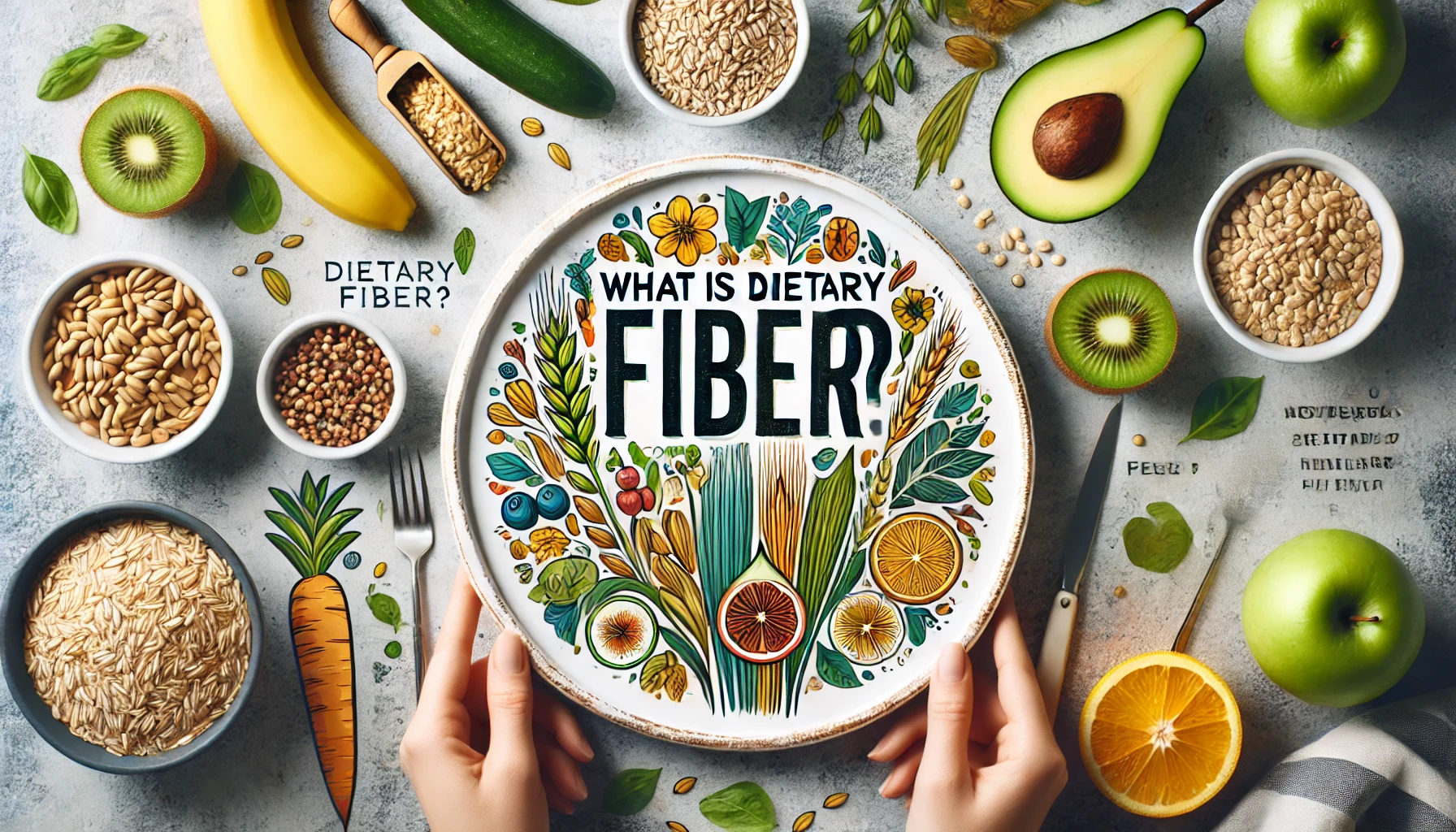
What Is Dietary Fiber?
Dietary fiber is a plant-based nutrient essential for digestive health. Unlike proteins, carbohydrates, and fats, …

What is Beta Carotene?
Beta-carotene is a red-orange pigment found in plants and fruits, especially carrots and colorful vegetables. …
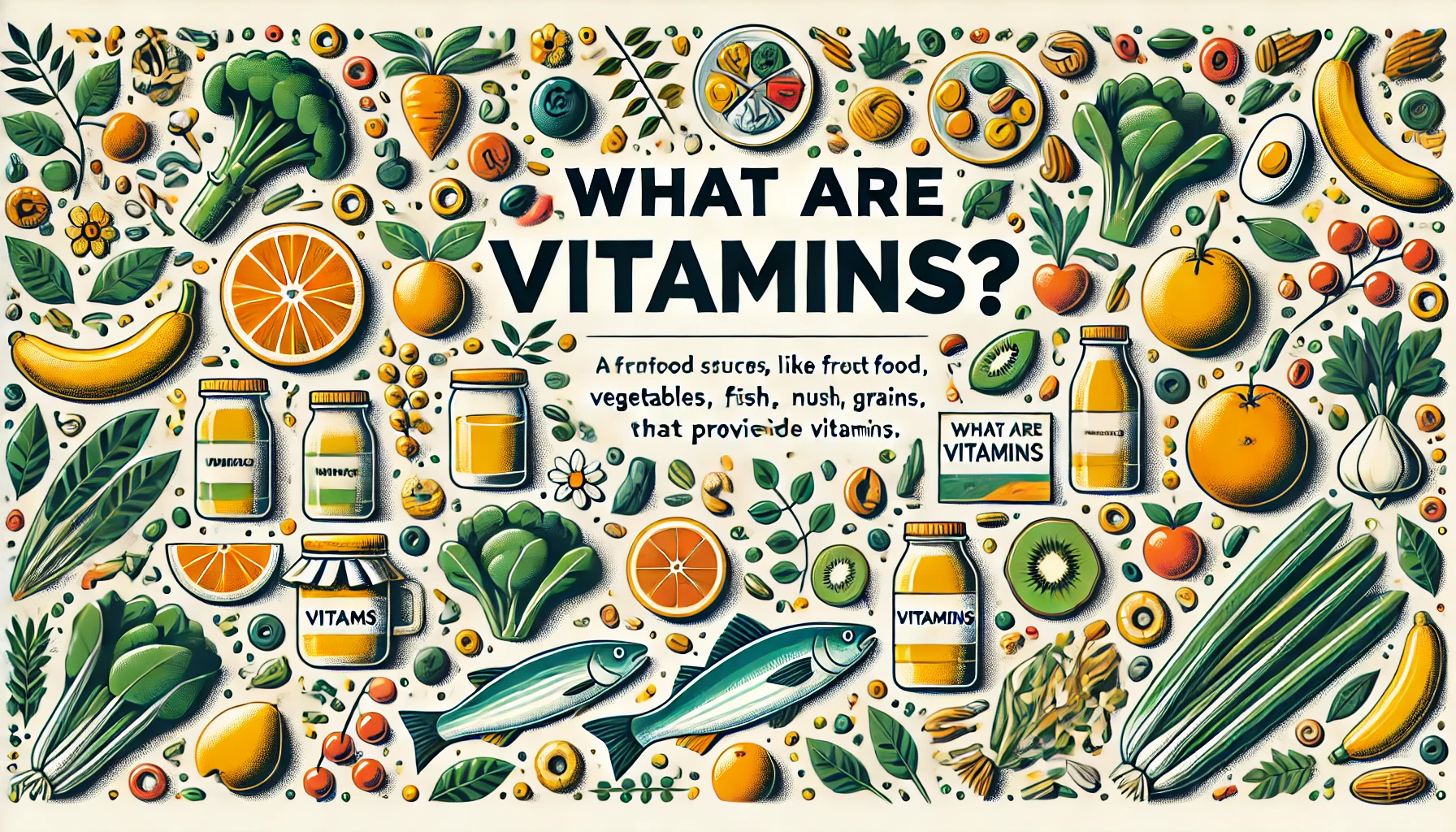
What are Vitamins?
Vitamins are organic compounds essential for the body to function properly. They are required in …

10 Reasons Why Sweet Potato is a Superfood
Sweet potatoes are not only delicious but also incredibly nutritious, earning their title as a …

उच्च रक्तचाप के मुख्य कारण और समाधान
उच्च रक्तचाप का इतिहास और इसकी समस्या उच्च रक्तचाप, यानी हाई ब्लड प्रेशर, एक गंभीर …

Health Benefits of Tulsi Leaves You Must Know
The History and Origin of Tulsi Tulsi, also known as Holy Basil, holds a sacred …
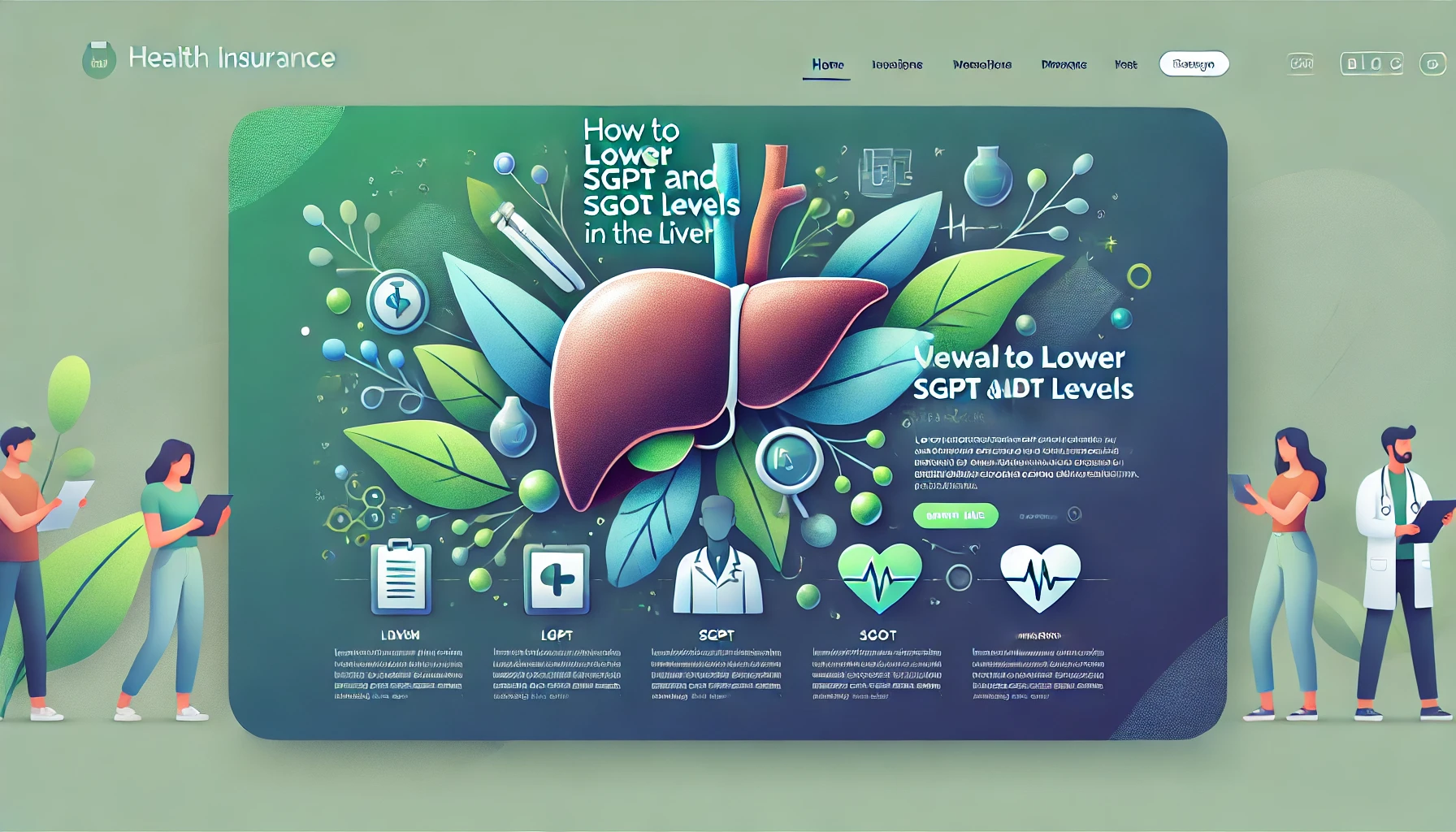
How to Lower SGPT and SGOT Levels in the Liver?
SGPT (Serum Glutamic Pyruvic Transaminase) and SGOT (Serum Glutamic Oxaloacetic Transaminase) are enzymes produced by …
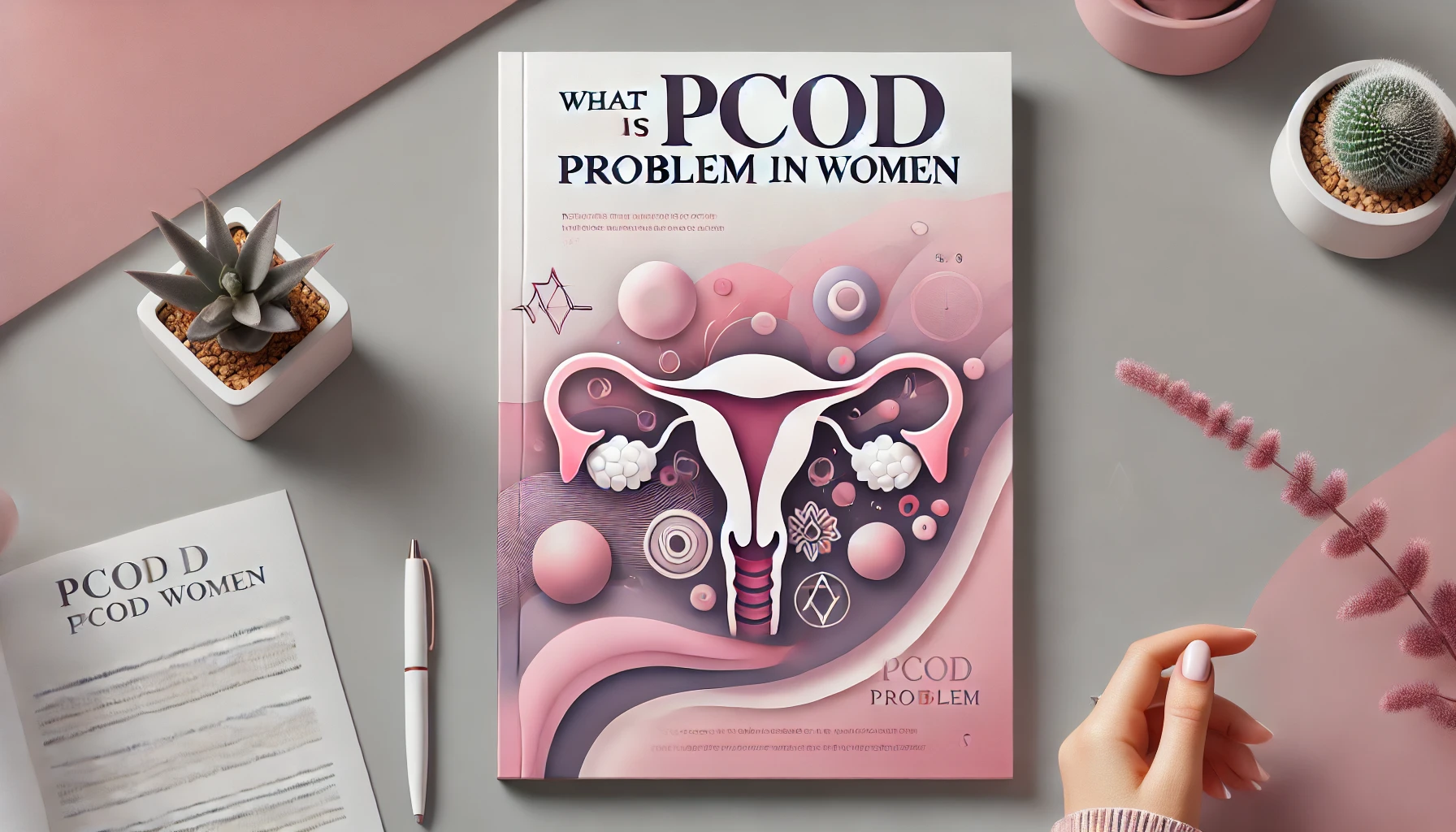
What is PCOD Problem in Women?
Polycystic Ovary Disorder (PCOD) is a hormonal condition affecting millions of women worldwide, primarily during …
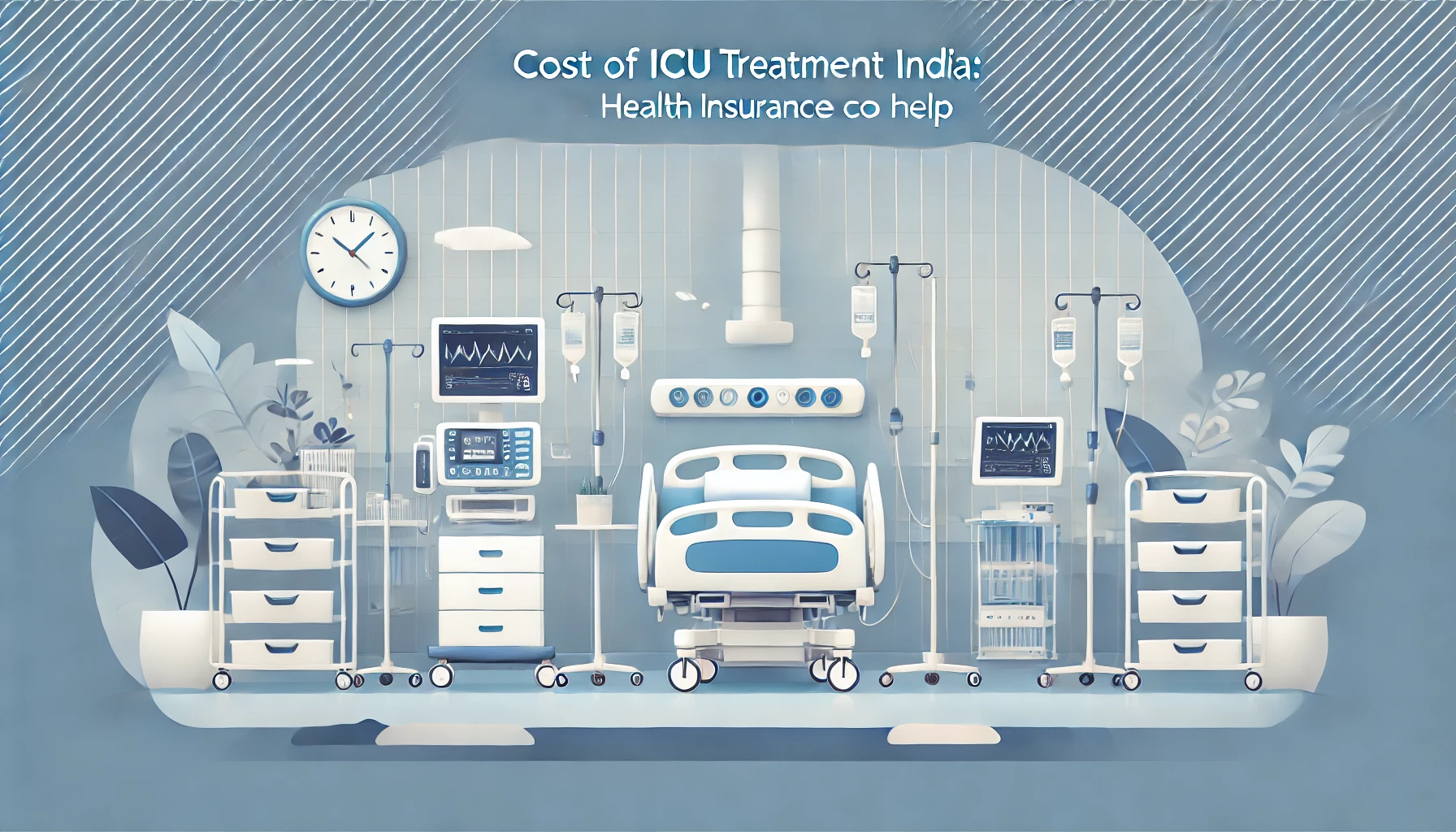
ICU Full Form Types and Equipments
The full form of ICU is Intensive Care Unit—a specialized section of hospitals dedicated to …
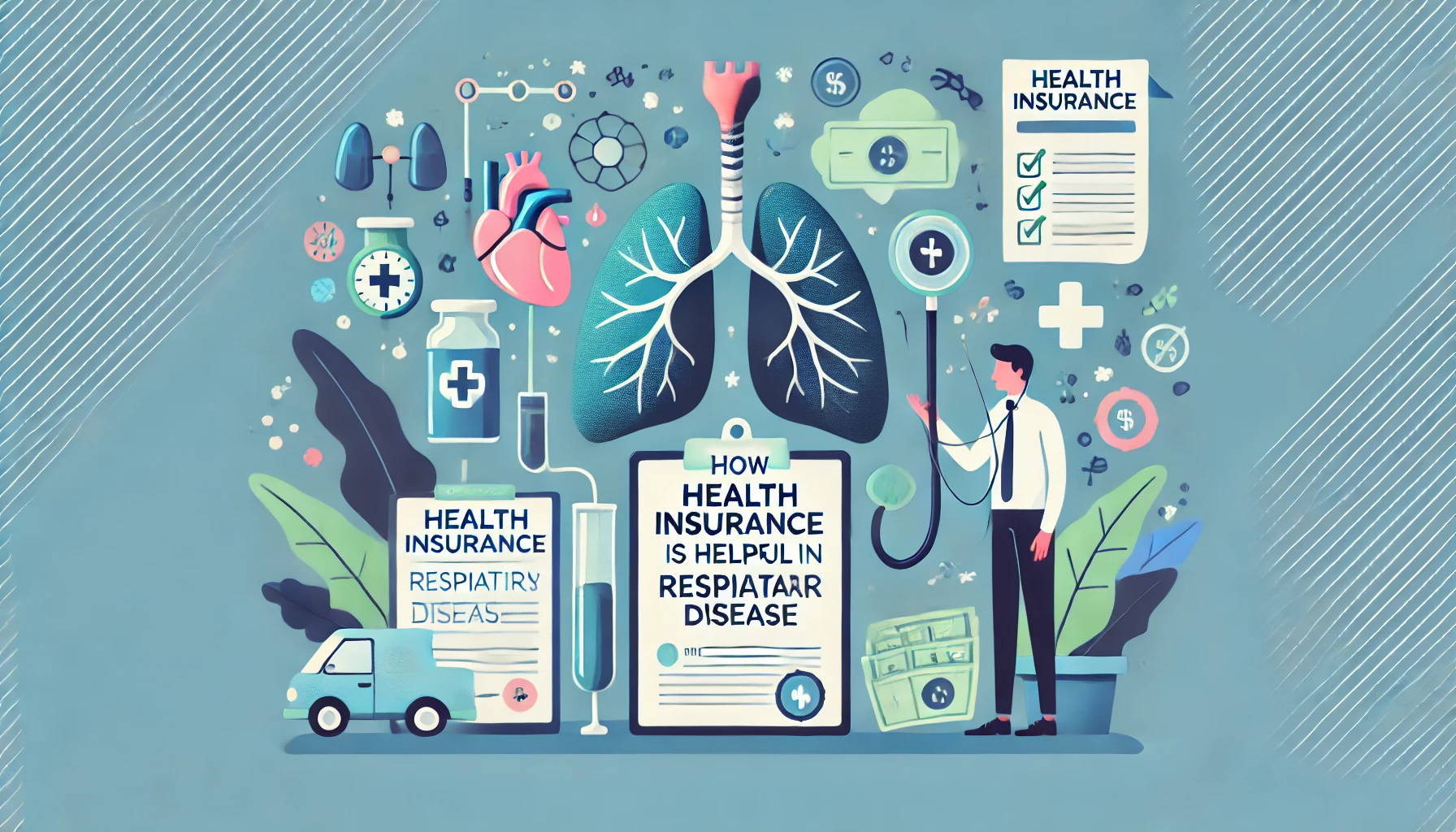
How Health Insurance Can Help in Managing Respiratory Diseases
Respiratory diseases, including asthma, chronic obstructive pulmonary disease (COPD), and respiratory infections, are prevalent in …
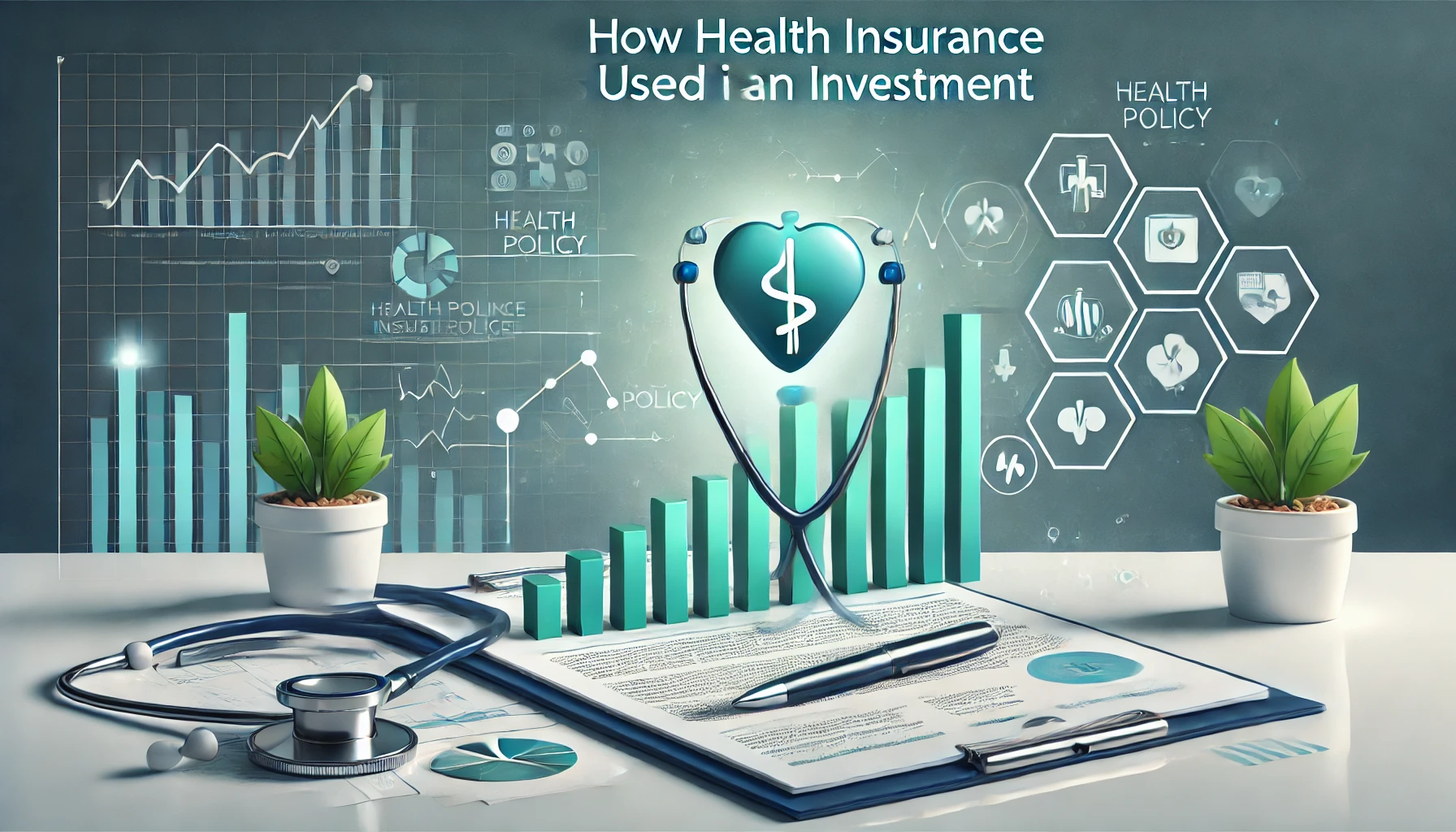
How Health Insurance Can Be Used as an Investment Tool
Health insurance is traditionally viewed as a means to protect oneself from the financial burden …

5 Essential Questions to Ask Before Buying Health Insurance
Health insurance is an essential tool for managing medical expenses and ensuring access to quality …

5 Tips to Choose the Right Health Insurance for COPD
Chronic Obstructive Pulmonary Disease (COPD) is a major health issue affecting millions in India. This …

At What Age Should You Opt for Health Insurance
Health insurance is a crucial financial tool that protects individuals from unexpected medical expenses. However, …

Cashless Claim in Health Insurance
Health insurance plays a critical role in ensuring financial protection against rising medical costs. One …

3 Positive Changes That Can Improve Your Health and Well-being in India
In today’s fast-paced world, maintaining good health is often a challenge. However, making a few …

3 Major Advantages of Having Health Insurance in India
Health insurance is no longer an option but a necessity in today’s world, especially in …
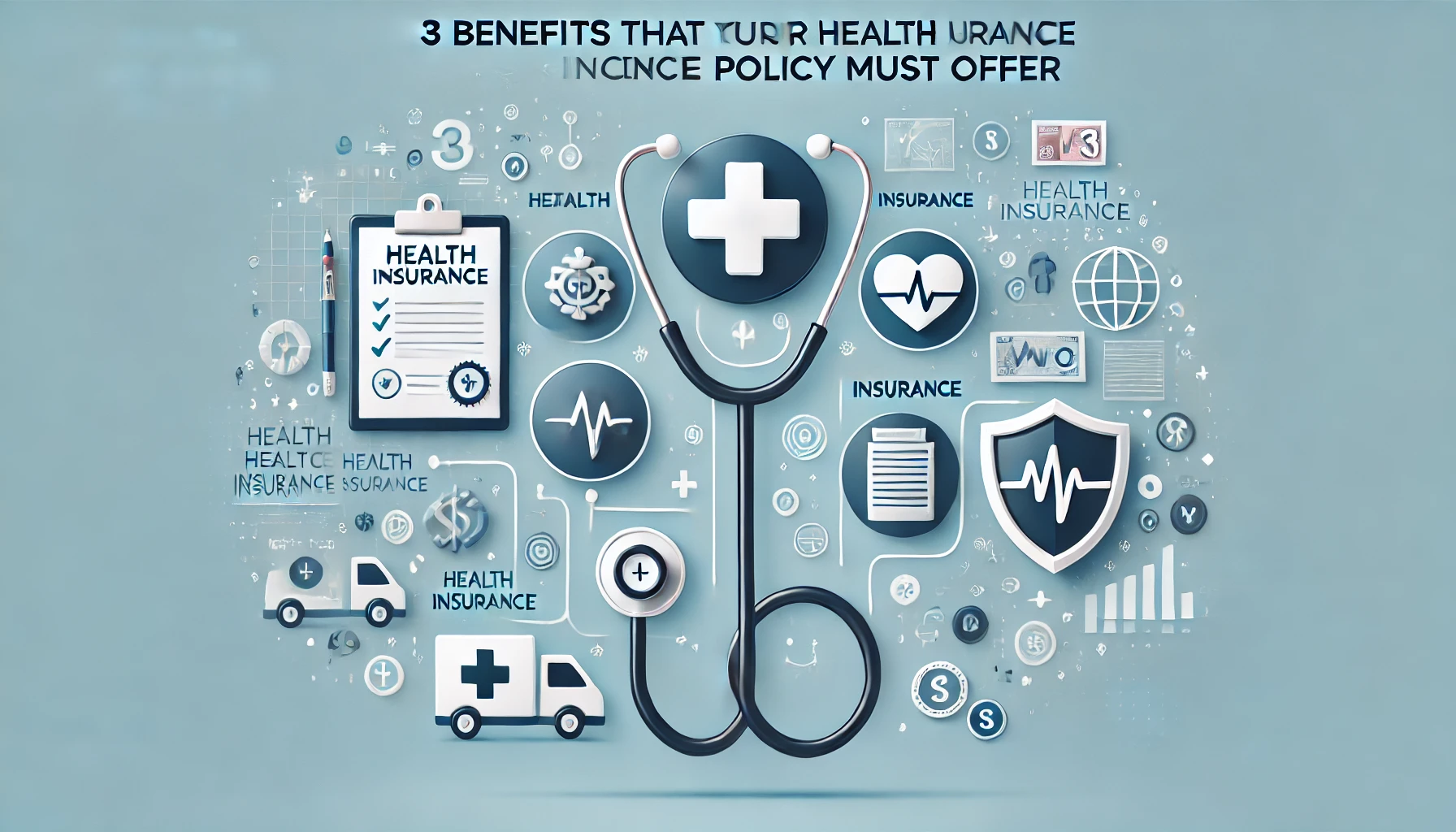
3 Must-Have Benefits in Your Health Insurance Policy for Maximum Coverage
Health insurance has become an essential part of financial planning in India, particularly with rising …

3 Benefits That Make Health Insurance Absolutely Necessary in India
Health insurance has become a critical part of financial planning in India. Rising medical expenses, …
